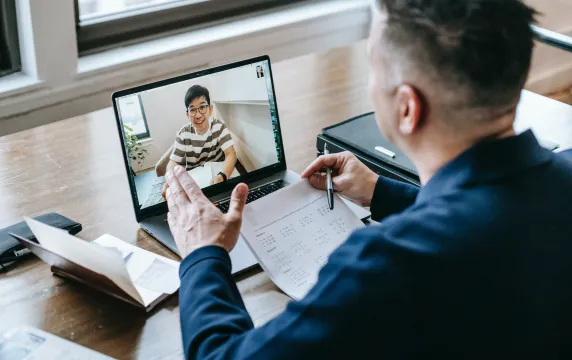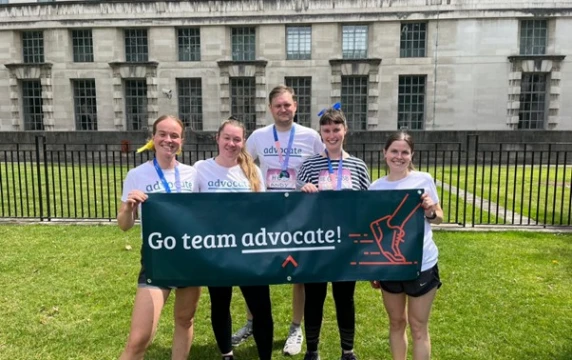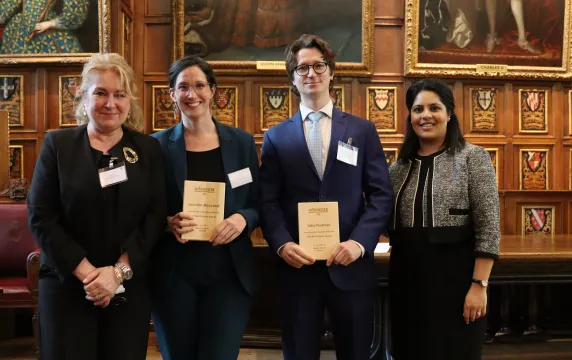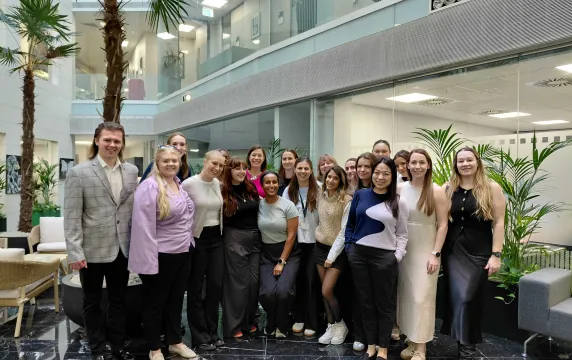The Chancery Litigant in Person Support Scheme (CLIPS) is a pro bono legal assistance scheme run by the Chancery Bar Association. CLIPS volunteers provide on-the-day assistance to litigants in person appearing in the Chancery Division of the High Court and the County Court at Central London (CCCL). I first heard about CLIPS during my time at Bar school and it sounded like a brilliant opportunity both to gain advocacy experience and to assist vulnerable litigants.
I began volunteering with CLIPS shortly after I was taken on as a tenant in Chambers in September 2020. I have since volunteered on eight occasions, and each time I have learned a vast amount.
My first CLIPS appearance was on a Friday in December 2020, as part of the CCCL scheme. I was apprehensive but was looking forward to the challenge of my first advocacy in the CCCL. I was contacted on Thursday evening by the Judge’s clerk, who informed me that there was one LiP on the list. I was given their contact details so I could take instructions before the hearing.
The litigant, Simon*, was a defendant in a £200,000 director’s misfeasance claim. The claimant was an assignee of the liquidators of Simon’s former company, and it alleged that Simon had committed several significant breaches of directors’ duties. Unfortunately, Simon had not appreciated the steps that he was required to take once served with the Claim Form, and the claimant had applied to enter default judgment against him. Simon was clearly under great stress; the allegations made against him were serious, were legally quite complex, and he stood to lose his home if judgment was entered for the full amount.
I spoke to Simon at length the evening before the hearing and helped him to produce a draft witness statement and draft defence. I then represented him at the hearing the following day. The Judge refused to grant default judgment and said that Simon had a real prospect of success on the merits of his claim.
CLIPS is an on-the-day scheme, meaning I couldn’t help Simon with drafting his defence or with other aspects of the case going forward. But I helped him make an application to Advocate, where he received further assistance.
I have immensely enjoyed participating in CLIPS and have gained a great deal of experience from doing so. I think the scheme provides three main benefits to its volunteers:
- Giving barristers at all levels of call an opportunity to assist deserving litigants who might otherwise fall through the cracks in the public funding regime. In many instances, CLIPS cases involve complex points of law or procedure, which litigants would find difficult to navigate without the assistance of counsel. In the absence of CLIPS, many litigants would simply be unable to present their cases effectively. Further, as Simon’s case shows, CLIPS barristers can help litigants with applications for assistance from other pro bono services. Seeing a deserving case proceed ultimately to a satisfactory resolution (whether at trial or out of court) is a hugely gratifying process.
- Providing junior barristers with a way of getting on their feet in disputes raising points that would normally be reserved for barristers of more senior levels of call. For example, Simon’s case raised difficult issues of fiduciary law, was worth over £200,000, and involved appearing against counsel of over 10 years call before a specialist judge. Appearing in CLIPS was challenging, was a great confidence booster, and also provided me with experience that I have since relied on when pitching for more substantial pieces of unled advocacy work. Appearing before Judges in the CCCL and Chancery Division can also provide a potential source of referees when applying, for example, to join the Attorney General’s panels of counsel or (in the case of senior junior volunteers) for silk.
- Helping junior counsel to develop numerous other skills, ranging from legal research and drafting to client care and expectation management. During a typical CLIPS volunteering day, a volunteer might be required to take instructions on emotive questions about which the client has strong feelings; sort through voluminous factual material and identify the core documents; conduct legal research in unfamiliar areas of law and under significant time pressure; advise the client on the law in a way that is accessible and readily understandable; advise the client on broader litigation strategy, including “door of court” settlement options; and draft a variety of documents, including pleadings and draft witness statements, again all under significant time pressure. All of this makes participation in CLIPS a challenging, but ultimately very rewarding, experience.







